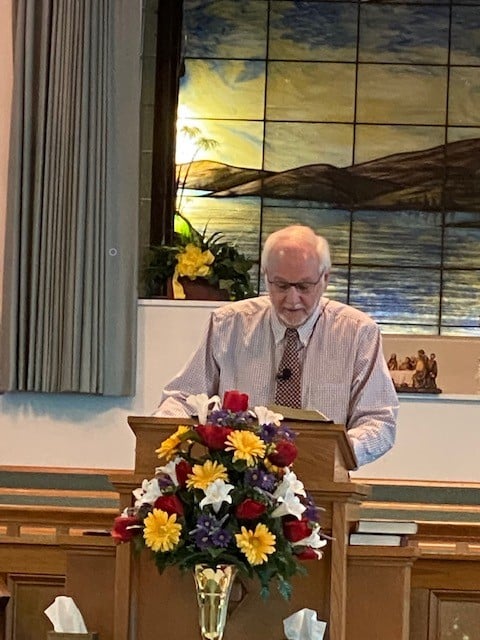One of the most obscure, yet interesting prophecies of the Old Testament is found in Genesis 49:10. It was given by Jacob right before he died, as he called his 12 sons together to pronounce a prophetic blessing on each tribe of what would befall them in the last days (see Genesis 49:1). Beginning with his oldest son Reuben and ending with the youngest Benjamin, he made pronouncements. The blessing of his son Judah is found in verses 8-12.
Verse 10 reads as follows: “The scepter shall not depart from Judah, nor a lawgiver from between his feet, until Shiloh come; and unto him shall the gathering of the people be.”According to Charles Ellicott’s Commentary, ‘The passage has always been regarded as Messianic, not merely by Christians, but by the Jews, all those ancient writers, including the Talmud, explain the Shiloh, or Sheloh, of the Messiah. But the Targum of Onkelos (an ancient Jewish interpretation of the Hebrew Bible) would of itself be a sufficient proof, as we have there not the opinions of knowledge of one man, but the traditional explanation of the Pentateuch handed down orally from the time of Ezra (5th Century BC).’ So, how do we understand the prophecy and was it fulfilled as prophesied? We will rely further on Ellicott as needed.
First the scepter refers to a ruling staff. Each tribal leader (i.e.; Reuben, Simeon, Levi) had one and it was basically handed down from father to son as the emblem of authority and indicated rulership over the tribe. According to the prophecy, this emblem of authority of Judah would continue in existence until Shiloh came. This is indicated also in the phrase, ‘nor a lawgiver from between his feet,’ which is an ancient way of saying ‘from among his descendants.
The word Shiloh in modern understanding would be a derivative of the Hebrew word for Shalom (Peace), and would point to the ‘Prince of Peace’ identified in Messianic prophecy of ISAIAH 9:6. But many ancient scholars say that the word should be translated by the Aramaic word ‘Sheloh’ and is so rendered in many ancient manuscripts. This word means, ‘whose it is’. In other words, what we find is that this prophetic blessing being pronounced on Judah means that the ruling staff of the tribe of Judah will exist until he to who it rightfully belongs comes to take it. If we have the proper read on Bible Chronology, this prophecy would have been given around 1750 BC.
We know that Judah went with his father and brothers into Egypt and all their descendants came out of Egypt (led by Moses) around 1500 BC and became a nation under King David around 1000 BC. The northern kingdom of Israel was destroyed by the Assyrians and taken into captivity in the 8th century BC, never to return and Judah was taken into captivity in the 6th century BC by the Babylonians with no Messiah having appeared. But unlike Israel, Judah returned to the land in 538 BC by the decree of Cyrus the Persian (the only tribe that did), and was still there in 4-5 BC when Jesus was born. 40 years after Jesus was crucified and resurrected, Judah was destroyed by Rome; but Messiah had come, to whom the scepter belonged.
The last phrase in the verse says, ‘unto him shall the gathering of the people be.’ According to the Hebrew Lexicon, the word gathering would be better rendered ‘obedience’ and in the Hebrew the word ‘people’ is plural. This means that this one would be for all peoples (i.e.; nations, Jews and Gentiles). The Messiah showed up right under the deadline for Him to come. As God said in Isaiah 55:11, ‘So shall My word be that goeth forth out of My mouth; it shall not return unto me void, but it shall accomplish that which I please, and it shall prosper in the thing whereto I sent it.’ AMEN!
For God’s glory and His alone,
Pastor Terry.


